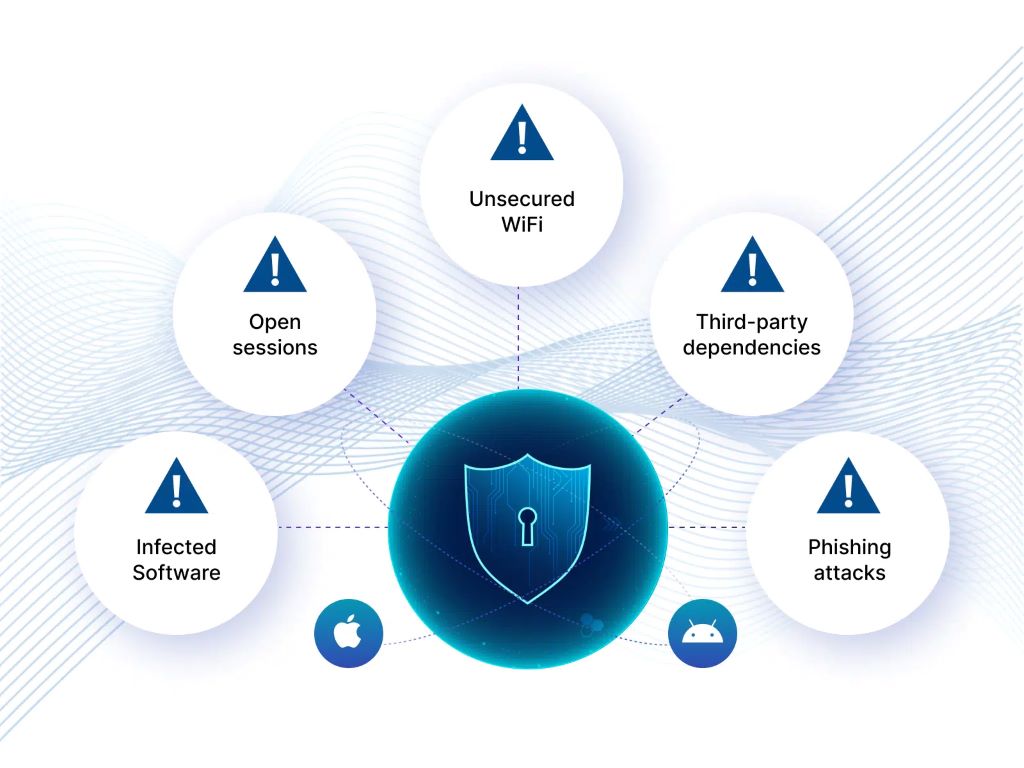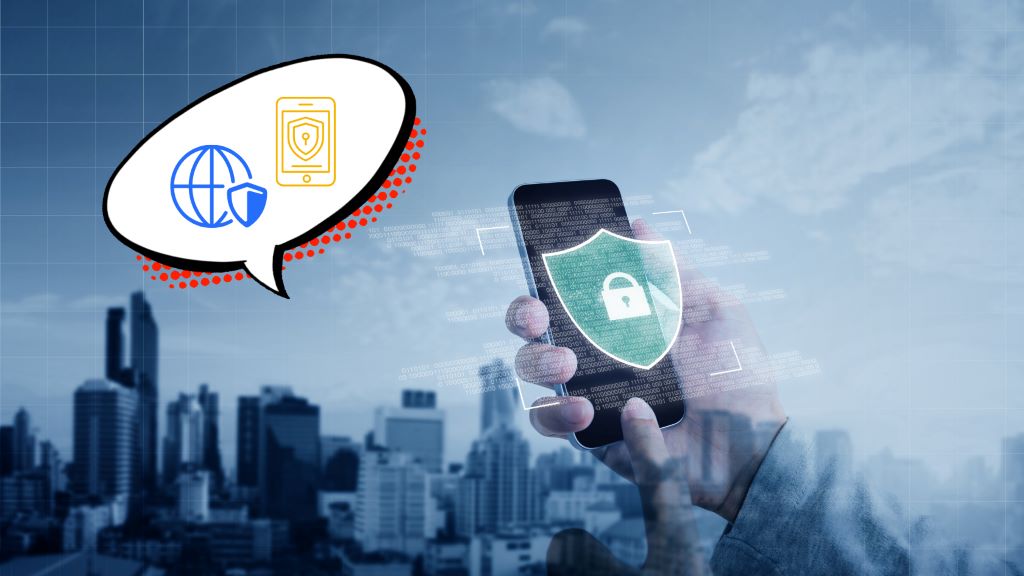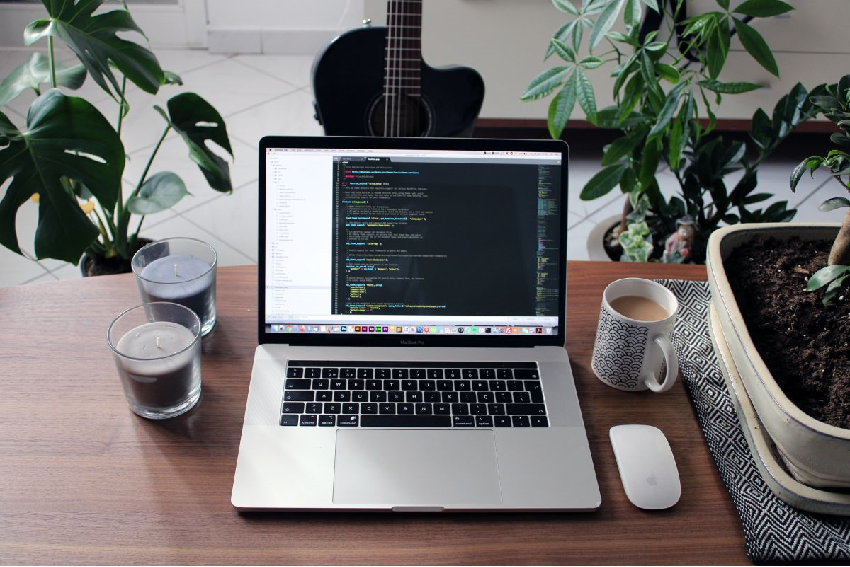Smartphones are mini-computers we carry everywhere. They hold precious data: photos, messages, financial details, you name it. With an increasing reliance on mobile devices, security is more vital than ever. In the never-ending battle of Android vs. iOS, the question of which operating system keeps you safer remains hotly contested.
This article dives deep into both platforms, examining their security philosophies, features, vulnerabilities, and best practices to help you make informed decisions.
Android: Openness vs. Security
Android’s strength lies in its open-source nature. It grants smartphone manufacturers flexibility for customization and encourages innovation through a massive developer community. However, this openness poses security challenges:
- Fragmentation: Android runs on a mind-boggling array of devices, making it difficult to ensure consistent security updates across all of them. Older devices may remain vulnerable even after Google patches security flaws.
- App Stores: While Google Play is the official store, users can sideload apps from third-party sources. These stores often lack rigorous security screening, increasing the risk of malware.
- Permissions: Apps may request excessive permissions, potentially accessing sensitive data like your location or contacts without legitimate reason.

iOS: The Walled Garden Approach
Apple adopts a tightly controlled, “walled garden” strategy. It exercises strict oversight over iOS devices and the App Store, resulting in a generally more secure environment:
- Updates: Apple directly controls software updates for most iOS devices. This ensures prompt delivery of security patches, minimizing vulnerabilities.
- App Review: Apple manually reviews every app submitted to the App Store. This rigorous process aims to weed out malware and enforce strict privacy guidelines.
- Sandboxing: Apps on iOS are “sandboxed,” meaning they operate in isolated environments. This restricts cross-app data access, limiting damage from a compromised app.
The Verdict: Is One Clearly Safer?
Neither iOS nor Android enjoys perfect immunity. Both platforms have experienced vulnerabilities. However, iOS generally benefits from its controlled ecosystem, resulting in fewer malware attacks and quicker software updates. Android has significantly improved its security in recent years, but its open nature still leaves it slightly more susceptible to targeted threats.
How Have Things Changed?
It’s important to note that this landscape is dynamic:
- Android’s Progress: Google has taken significant strides with initiatives like Google Play Protect to scan apps for malware and stricter permissions management. Updates are also becoming more streamlined.
- Apple Isn’t Invincible: Even with its tight controls, iOS isn’t immune. Sophisticated attacks can still slip through the cracks.
Key Security Features
Both platforms offer robust security features to protect your data:
- Encryption: Android and iOS devices encrypt your data by default, making it unreadable if stolen without your passcode.
- Biometric Authentication: Fingerprint scanners and facial recognition offer a convenient and secure way to unlock devices.
- Find My Device: Remotely locate, lock, or wipe a lost or stolen device.
- Security Updates: Stay updated! These patches fix discovered vulnerabilities.
Protecting Yourself: Best Practices
Regardless of your operating system, proactive security measures are critical:
- Stick to Official App Stores: Minimize risk by avoiding third-party app sources.
- App Permissions: Be mindful of the permissions you grant. Deny access apps don’t genuinely need.
- Strong Passwords & Two-Factor Authentication: Use unique, complex passwords and enable two-factor authentication for an extra layer of protection.
- Software Updates: Install the latest updates promptly to address security patches.
- Phishing Awareness: Be cautious of suspicious emails, texts, or links seeking your personal information.
Choosing the Right Level of Security for You
The “safest” choice depends on your individual needs and comfort level:
- iOS: Favored for its simplicity and generally stronger out-of-the-box security. It’s great for those prioritizing ease of use and less tech-savvy users.
- Android: Offers flexibility and customization. With due diligence and security awareness, Android can be a safe choice.
The battle for smartphone security is ever-evolving. While iOS maintains a slight edge, Android’s continuous security advancements are narrowing the gap. By staying informed and adopting smart security practices, you can safeguard your data regardless of your favored smartphone platform.




